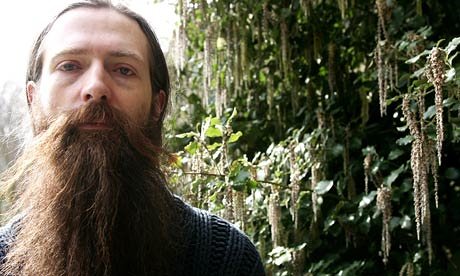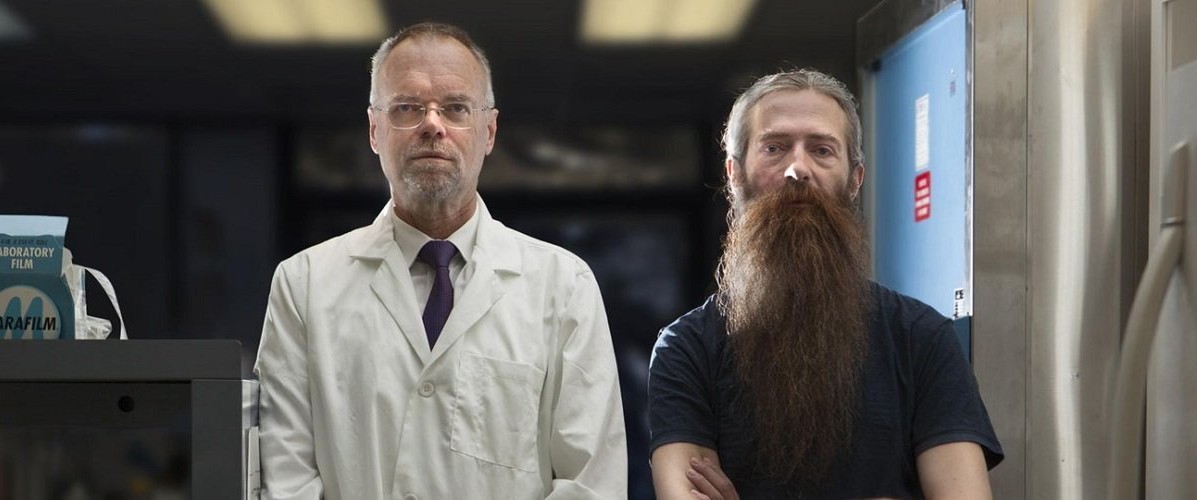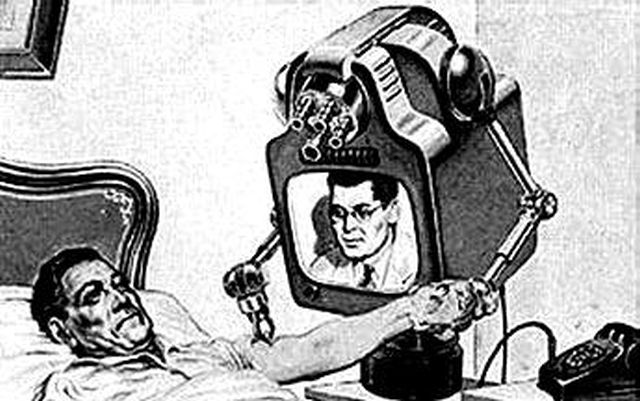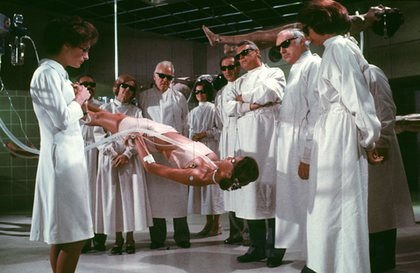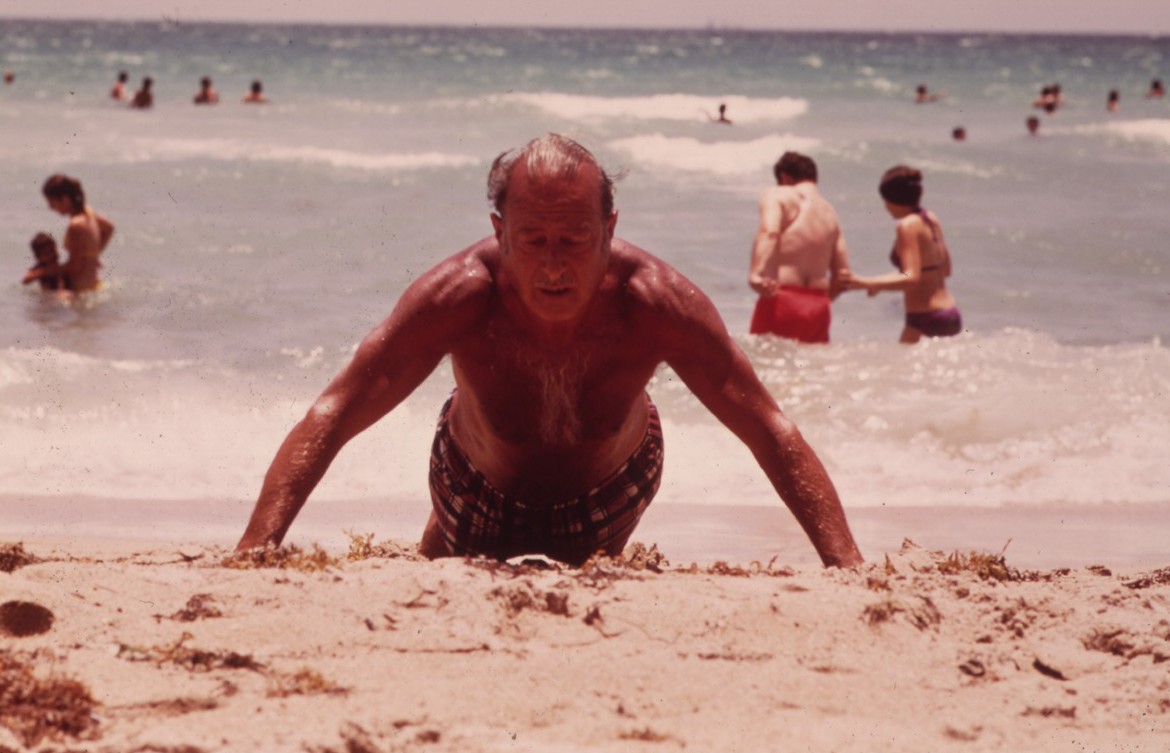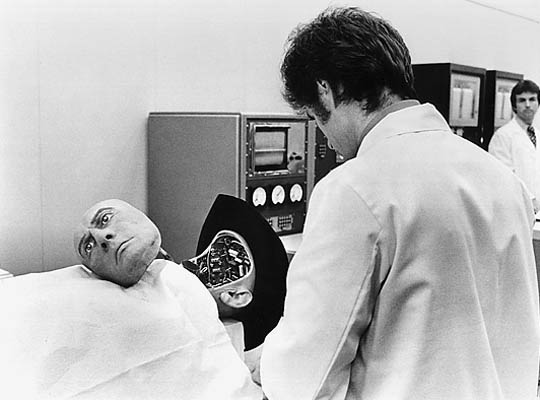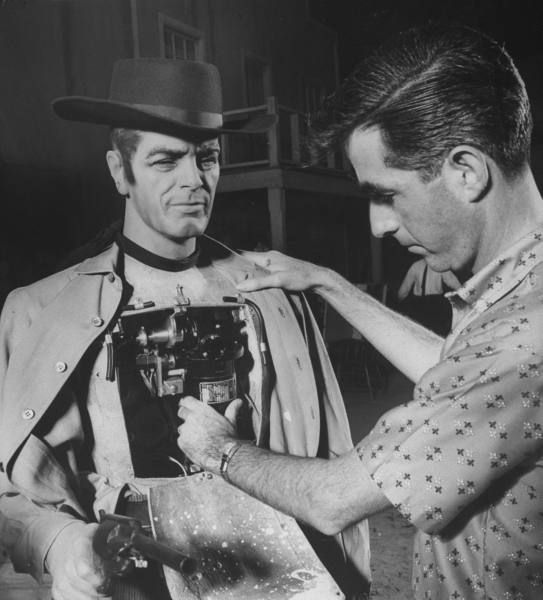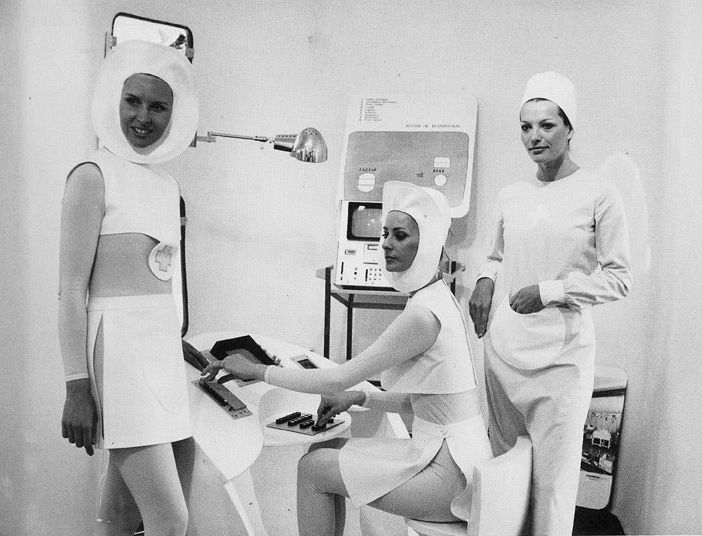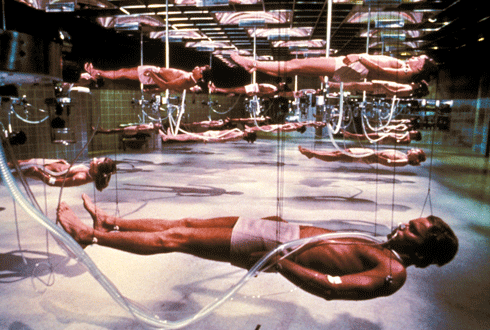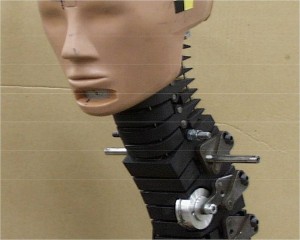Gerontologist Aubrey de Grey has a wife who accepts his two younger girlfriends, so of course he wants to live forever.
His quest for immortality is so fervent it leads him to sometimes make proclamations too bold: In 2004, the scientist said “the first person to live to 1,000 might be 60 already.” Not likely. De Grey would likely blame the lack of large-scale funding from governments, GMOs and individuals in the research he and other like-minded souls are doing–and he has a point. We waste an awful lot of money on killing that might be better spent on other things, defeating cancer and Alzheimer’s among them. Certainly Silicon Valley has gotten into the game in recent years.
For whatever excesses de Grey and his colleagues are guilty of, I’m with them in the big picture. Those of us today won’t likely live to see the benefits, but what a nice thing to do for our descendants, to give them more time. They’ll probably be able to work through any wrinkles that attend the great benefits.
De Grey just did an AMA at Reddit. A few exchanges follow.
Question:
Are there any well-known people who support human longevity? Couldn’t the support of people like Bill Gates or Elon Musk considerably boost funding of any projects?
Aubrey de Grey:
We have support from a few celebrities, such as Steve Aoki and Edward James Olmos, but we definitely need more. Yes, any billionaire would do!
Question:
Has Elon Musk ever spoken with Dr. dr Grey or anyone else from SENS on matters related to radical life extension?
Aubrey de Grey:
Briefly, a decade ago. I’d sure love to speak with him again.
Question:
A question about cancer:
Many people claim that most cancers are lifestyle related.
I sometimes find it difficult to convince these people that funding cancer research is of paramount importance as they tend to be bogged down in an ‘either/or’ way of thinking:
“We should put the emphasis on environmental/lifestyle/societal changes instead of spending even more money on research (…or stuffing people with even more medicines)”
So my question is: out of the ~1,700,000 cancers diagnosed every year in the US, is there a consensus on how many could be avoided with better lifestyle (not smoking, healthy diet, limited exposure to household & cosmetic chemical products, limited exposure to pollution etc.)? 10%? 50? 90?
Aubrey de Grey:
There’s a wide range of opinion; I tend to agree with Bruce Ames that lifestyle matters rather little with the exception of smoking.
We should do our best to remove whatever is present in the environment that might contribute to cancer, no doubt. But still we can’t ever remove all harmful agents 100%. For instance, how can we remove HPV from the environment? We have vaccines to help prevent HPV infections but even those are not effective against every strain. So what do we tell patients with cervical cancer? We cannot focus on just prevention or just therapy. Both should be worked on. Not sure about percentages, but if there is a change you can make to your lifestyle that decreases your chances of getting cancer by 10% then by all means do it!


